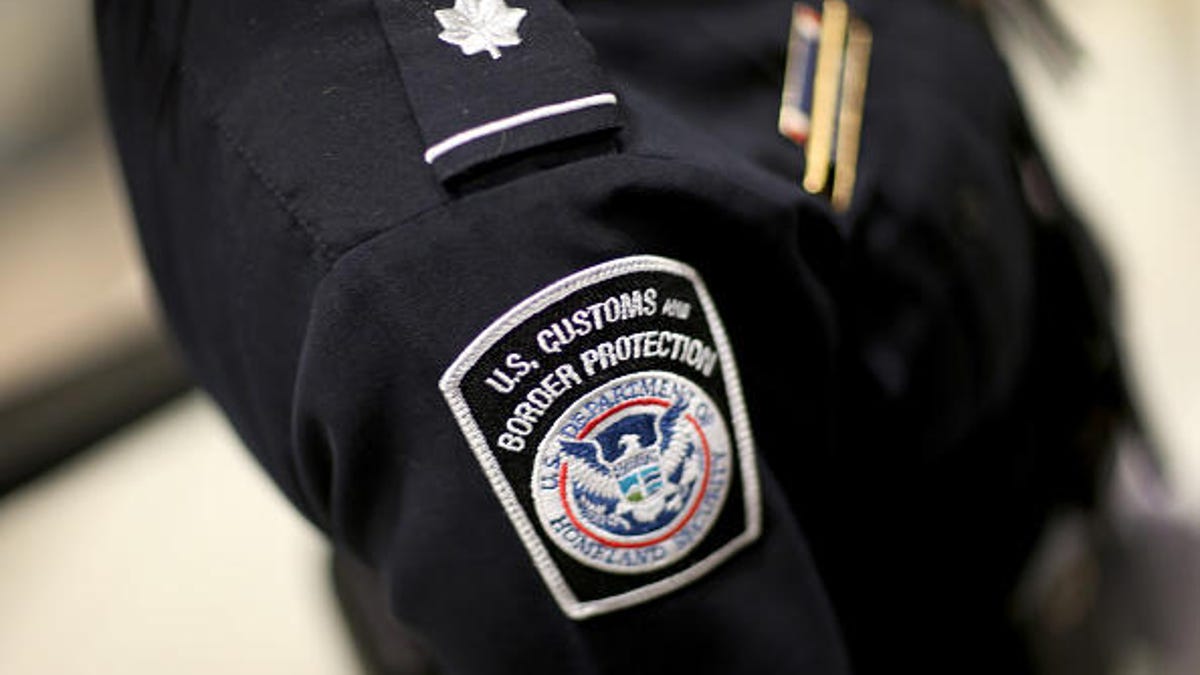Muslim American says US border agents seized her iPhone without explanation
The lawsuit says they didn't have a warrant.

A lawsuit is challenging CBP's ability to access travelers' phones without warrants.
A Muslim woman sued US Customs and Border Protection on Thursday, alleging agents confiscated and held her iPhone for more than four months without explanation after she returned to the US from Europe.
Rejhane Lazoja, a US citizen, alleges she was taken to a small room at Newark Liberty Airport after returning from Zurich, Switzerland, with her 6-year-old daughter on Feb. 26. One of two CBP agents then asked her to unlock her iPhone 6S Plus , which she refused to do because she was given no reason, the suit says.
The lawsuit says the CBP agents didn't present a warrant for the phone.
Lazoja's iPhone and a SIM card were then confiscated and held for more than 120 days. After the phone was returned, Lazoja asked the CBP why it had been confiscated and whether the agency had made copies of the data on the phone. The CBP didn't respond to her inquiry, according to the lawsuit.
In an email to CNET, a CBP representative said the agency doesn't comment on pending litigation but said searches of electronic devices are part of its efforts to secure US borders.
"Searches of electronic devices at the border are often integral to a determination of an individual's intentions upon entry and provide additional information relevant to admissibility determinations under immigration laws," the representative wrote. "They are critical to the detection of evidence relating to terrorism and other national security matters."
The case is the latest to question the limits of law enforcement's ability to access details of our digital lives. In a recent decision, the Supreme Court said police needed warrants to get phone location data. In another case, the court said warrants were needed to access the content of phones.
According to the lawsuit, Lazoja told the CBP agents the phone contained photos of her without her hijab, a Muslim head covering, as well as legal communications with the Council on American-Islamic Relations in New York.
"Pursuant to her sincerely held beliefs, Ms. Lazoja cannot be seen in a state of undress by men who are not family members," said the lawsuit.
Lazoja wants CBP to return her phone data and delete any copies, if CBP or its agents did make copies. CAIR is representing Lazoja.
"The government shouldn't be allowed to copy and keep our digital lives simply because we travel overseas," said Albert Fox Cahn, legal director of CAIR in New York, in an email statement. "Our rights don't disappear at the border, and customs officials are wrong to claim the power to seize, decrypt, and copy electronic devices without a warrant, or even probable cause."
Tech Enabled: CNET chronicles tech's role in providing new kinds of accessibility.
: CNET looks at the tech powering bitcoin -- and soon, too, a myriad of services that will change your life.

